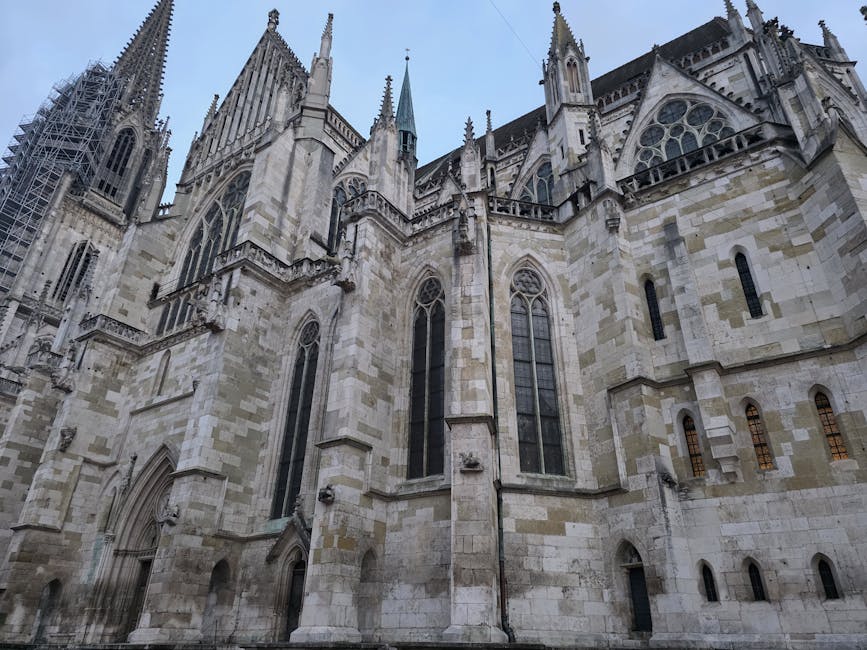Supreme Court Issues Notice to Centre in Sonam Wangchuk Case
In a significant development, the Supreme Court of India has issued a notice to the Central government in the case involving the detention of Sonam Wangchuk, the renowned Ladakhi innovator and environmental activist. However, the apex court has refrained from passing an immediate order on the demand to disclose the grounds for Wangchuk’s detention, leaving the matter open for further deliberation.
Background of the Case
Wangchuk, a prominent advocate for Ladakh’s autonomy and environmental sustainability, was detained earlier this month under the Public Safety Act (PSA). His arrest followed his involvement in protests demanding statehood for Ladakh and the implementation of the Sixth Schedule to protect the region’s cultural and ecological heritage.
Petitioner’s Arguments
The petitioner, represented by senior advocate Colin Gonsalves, argued that Wangchuk’s detention was arbitrary and lacked transparency. The plea emphasized that the failure to provide the grounds for detention violated fundamental rights, including the right to liberty and a fair trial. The petitioner also highlighted Wangchuk’s contributions, such as founding the Students’ Educational and Cultural Movement of Ladakh (SECMOL) and his innovations in sustainable development.
Court’s Response
During the hearing, the bench comprising Justices Sanjay Kishan Kaul and Ahsanuddin Amanullah expressed concern over the lack of clarity regarding Wangchuk’s detention. However, the court declined to issue an immediate order, stating it needed to hear the Centre’s response first. “We are issuing notice to the Union of India. Let them file their reply,” the bench observed.
Mixed Reactions and Broader Implications
The court’s decision has sparked mixed reactions. While some legal experts view it as a cautious approach, others argue it delays justice for Wangchuk. The case has reignited debates over the use of preventive detention laws like the PSA, which critics claim are often misused to suppress dissent.
Widespread Support and Protests
Wangchuk’s detention has galvanized support from civil society, environmentalists, and political leaders. Protests have erupted in Ladakh, with demands for his release and constitutional safeguards for the region. The issue has also drawn international attention, with global organizations calling for accountability.
What’s Next?
The Centre is expected to defend its actions by citing national security concerns. However, the lack of clarity over the detention grounds has raised questions about the legality of the measures. Legal experts believe the court’s decision could set a crucial precedent for civil liberties in India.
Conclusion
The Wangchuk case is a litmus test for India’s commitment to democratic values and the rule of law. The outcome could shape the future of activism and dissent in the country.




